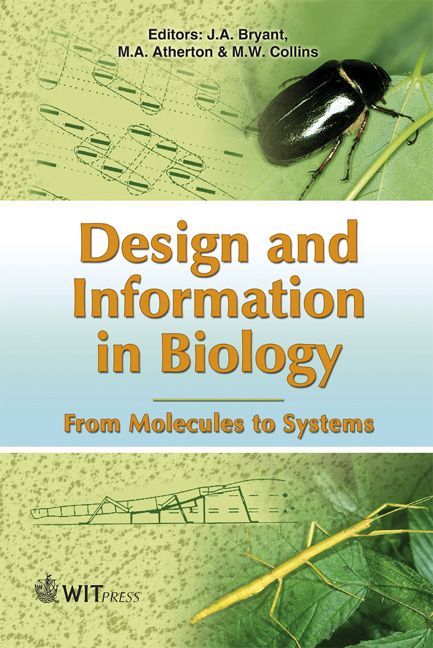The Laws Of Thermodynamics: Entropy, Free Energy, Information And Complexity
Price
$38.00
Volume
27
Pages
51
Published
2007
Size
908 kb
Paper DOI
10.2495/978-1-85312-853-0/05
Copyright
WIT Press
Author(s)
M.W. Collins, J.A. Stasiek & J. Mikielewicz
Abstract
Chapter 5 The laws of thermodynamics: entropy, free energy, information and complexity M.W. Collins1, J.A. Stasiek2 & J. Mikielewicz3 1School of Engineering and Design, Brunel University, Uxbridge, Middlesex, UK. 2Faculty of Mechanical Engineering, Gdansk University of Technology, Narutowicza, Gdansk, Poland. 3The Szewalski Institute of Fluid–Flow Machinery, Polish Academy of Sciences, Fiszera, Gdansk, Poland. Abstract The laws of thermodynamics have a universality of relevance; they encompass widely diverse fields of study that include biology. Moreover the concept of information-based entropy connects energy with complexity. The latter is of considerable current interest in science in general. In the companion chapter in Volume 1 of this series the laws of thermodynamics are introduced, and applied to parallel considerations of energy in engineering and biology. Here the second law and entropy are addressed more fully, focusing on the above issues. The thermodynamic property free energy/exergy is fully explained in the context of examples in science, engineering and biology. Free energy, expressing the amount of energy which is usefully available to an organism, is seen to be a key concept in biology. It appears throughout the chapter. A careful study is also made of the information-oriented ‘Shannon entropy’ concept. It is seen that Shannon information may be more correctly interpreted as ‘complexity’rather than ‘entropy’.We find that Darwinian evolution is now being viewed as part of a general thermodynamics-based cosmic process. The history of the universe since the Big Bang, the evolution of the biosphere in general and of biological species in particular are all subject to the operation of the second law of thermodynamics. Our conclusion is that, in contrast to the rather poor 19th century relationship between thermodynamics and biology, a mainstream reconciliation of the two disciplines is now emerging. 1 Introduction 1.1 General The Industrial Revolution in Britain at the end of the 18th century stemmed from the invention of the steam engine byWatt. The theory of this engine was elaborated half a century later by the
Keywords





